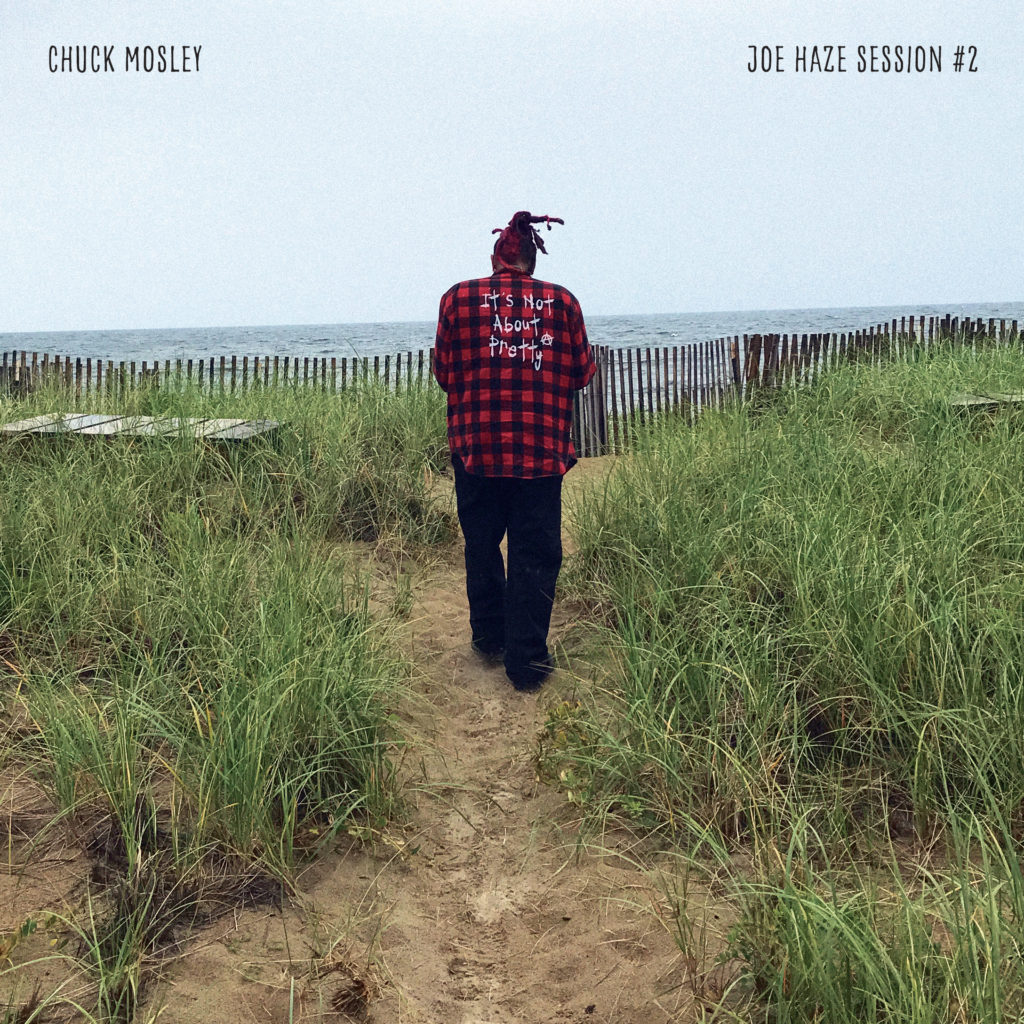Robin Aigner’s got you hooked from the first verse.
The acoustic guitar, jazzy and hushed, slowly shuffles, the violin weeps and fingers run over the keys of a piano before a single word is spoken.
And, then, it comes.
“I’ve been to the Campbell Apartment/ at the invitation of F.D.R./ I’m the only one who knows where he goes when he parks his car,” Aigner coos, her voice a magnet, both flirtatious and sensual. “A house is not a home/ and Winters cannot hold a candle to my throne.”
The song, which opens Bandito is “Pearl Polly Adler,” a stirring historical homage to a New York City Madame whose houses of ill repute served the gangsters of her day, and it’s far from the only lustrous moment on this nine-track outing.
Aigner has made her rounds on the Old Time circuit, but her second solo record – the first was 2002’s Volksinger, followed by two releases with her duo Royal Pine — is not solely a product of that scene, instead presenting itself as a textured collection of history-infused song-vignettes that blend folk, mid-century country-and-western tunes, Eastern European gypsy music and strains of the contemporary singer-songwriter. This is beautiful music, beautifully made.
Here, there’s “Found,” an upbeat recitation on found objects and those who pursue them, or the banjo-flecked “Annie and Irving,” which concocts a relationship between songwriter Irving Berlin and Annie Moore, the first immigrant to pass through Ellis Island. Over there, you can catch hints of Spanish flamenco on “Delores From Florence,” laugh at the humorous descriptions of the street-weary performer in the appropriately titled “Mediocre Busker” or enjoy the playful romantic give-and-take between Aigner and singer Nate Reed on the folksy “Get Me Home.”
Aigner, time and again, taps the same vein Piñataland did with its brilliant Songs for the Forgotten Future Vol. 1, using wordplay and gentle melodies to paint history-pictures for the type of listener who trolls the Internet and their local library for signs of a disappeared world somehow more perfect than our own. The similarities are no coincidence; the Brooklyn musician has collaborated with that old-world orchestrette.
But even those familiar with Aigner’s work will be surprised by the new disc, which alternates between lush arrangements for guitar, Caroline Shaw’s violin, bass and Rhodes, and devastatingly spare tracks like the album-closing “Great Molasses Disaster.” The work is so complete, so thorough, that it makes Royal Pine, her duo with Brook Martinez, feel antiquated and Volksinger, an accomplished collection of acoustic odes, sound like rough drafts and works-in progress.
In the midst of all this reminiscing, Aigner makes room for just one relationship song – “See You Around.” On the song, where haunted bass and Rhodes pulse behind a finger-picked acoustic guitar, the love is of the broken variety and Aigner’s performance is engaging for its vulnerability.
“I can make a meal for a king/ sing a tune about any damn thing/ You would know all of these things/ if you were around,” she sings, stretching the syllables of some words and sounding somewhere between bitter and broken-hearted or both. “Sometimes, I can’t even recall your look/ Sometimes, I erase you from the phone book.”
Aigner performs solo, in the truest sense of the word, only on the closing song of Bandito and, then, she only does it for three, too-short minutes.
“The air smelled like September when you laid down your life,” she sings, her voice soft but double-tracked over the plucked strings of her acoustic guitar. “Sorry, my darling, I can’t meet today/ doing my job, doing my job.”
The record ends with Aigner’s voice, now breathy, extending the line of the chorus and a simple strum, again, of the acoustic guitar. The record is filled with moments like this and worth tracking down for even one of them.
Bandito is the sound of a history buff using inviting music to reconnect the listener with the dusty past. It also happens to be a brilliant, coming-of-age document that shows a young songwriter at the top of her game. If this were December, we’d be name-dropping this on our best-of-the-year lists and making up stories about how we caught Aigner before she broke big. And, if there’s any justice left in the American underground, this music won’t be self-released for very long. – American Songwriter, Jan. 19, 2010
-30-




